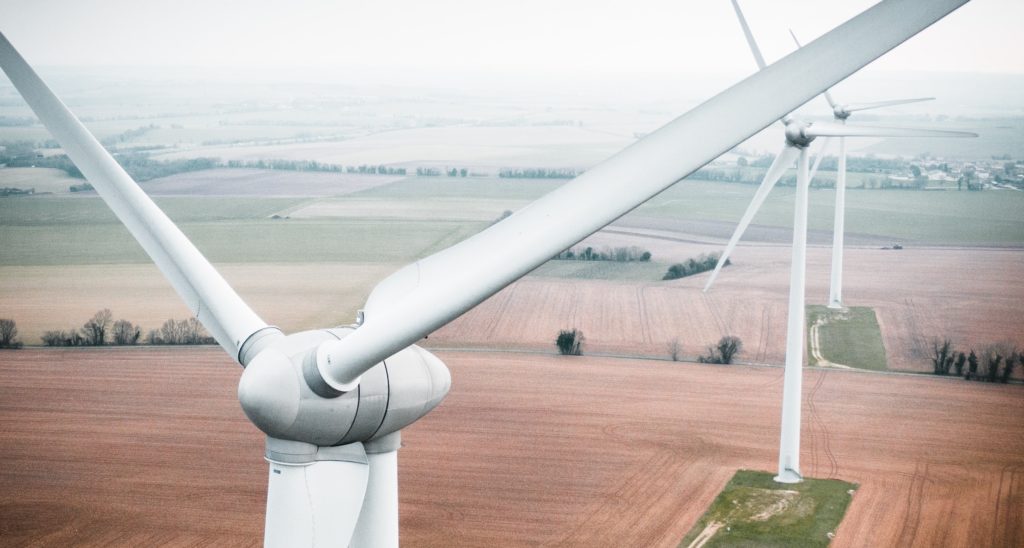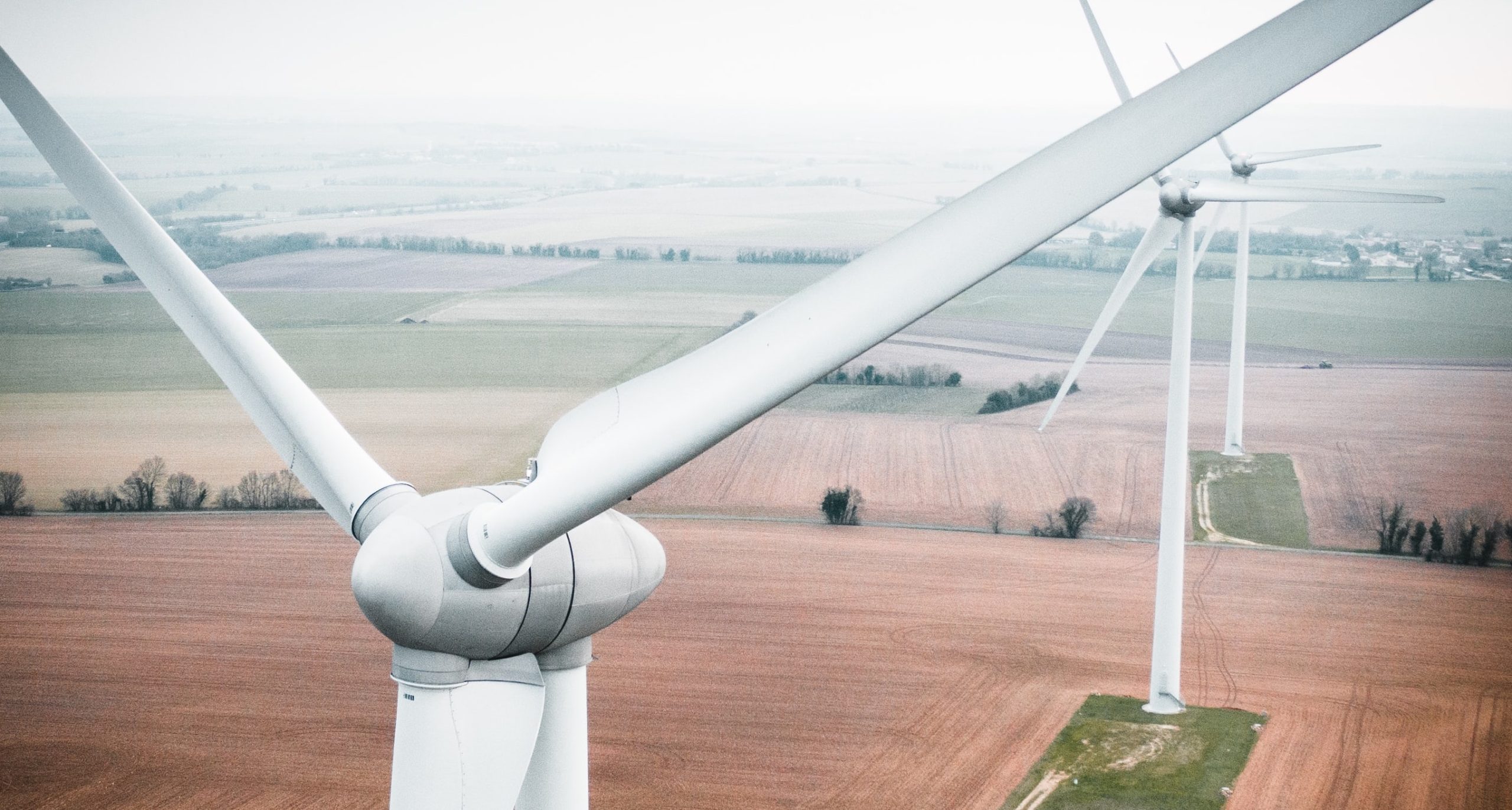
Sponsored article: The outlook for renewables is positive, writes Simon Eaves, with an opportunity to gain value while building a greener future.
Over the past few years, the transitioning European renewables market has become an increasingly exciting space. Climate change concerns and increased sustainable targets have highlighted the need for renewables, and the recent pandemic has also shone a light on the asset class’ resilience in times of public market turmoil.
Removal of subsidies
Historically, Europe has had the highest penetration rate of renewables in the world. Prior to the last 24 months+, money piled into the subsidised onshore wind and solar sector over a long period. That money was fairly agnostic regarding technologies, geographies and natural resources as the predominant focus was on yield. With solar and wind costs declining significantly, the subsidies for onshore wind and solar have been largely withdrawn and the dynamic has changed. Today, identifying the correct location and technologies, along with ways to manage the electricity price risk, have become increasingly important, requiring more specific expertise and deep experience in the space.
12th Local Authority Treasurers Investment Forum & FDs’ Summit
NOW A VIRTUAL EVENT + ZOOM151 Networking
Jan 21, 22 & 23, 2021
Demand for renewables
Industry experts estimate that renewables will supply in excess of 80% of European electricity by 2050. Declining costs have meant that renewables make more economic sense, and cheaper battery packs mean electric vehicles could make up over half of passenger vehicles by 2032. During Q2 2020, the UK went for two months without coal generation, the longest period to date, and there is a legislative target to have zero coal generation from 2024. Old nuclear plants are also closing down and plans to build new nuclear generation capacity are stalling. Therefore, from the perspective of system requirements alone, the future looks extremely attractive for renewables. Where real value can be added, however, is in gaining access to quality assets with the right risk/return profile that others are not able to access. Specialized investors achieve this through direct relationships with developers who provide access to an exclusive pipeline of consented assets.
The momentum behind renewables is further enhanced by the surge in multi-national corporates seeking to fulfil 100% of their long-term power requirements from renewable sources. The Climate Group’s RE100 membership continues to rise and corporate demand for renewable energy is not likely to dwindle any time soon. Value can be generated by sourcing long-term contracts that match these large corporates to deals accessed directly from developers. Such contracts provide a guaranteed contracted price, cushioning the assets against market turmoil, and providing long-term, de-risked cash flows for the entire contracted period.
Sustainable policies
Generally, European policies have been supportive of renewable energy, with binding decarbonisation targets quadrupling from 2010-2017. In recognition that stringent de-carbonisation targets cannot be met by renewable energy alone, there is also an impetus in areas such as electric vehicles and the electrification of household heating. In an unsubsidized world, it is important to find more complex energy solutions that de-risk the asset for customers as well as investors. Dedicated renewables investors, with extensive in-house asset management capabilities can help deliver these solutions and differentiate themselves from the majority of capital chasing renewable energy.
The impact of Covid-19
The pandemic has only strengthened the case for renewable generation. Investor appetite has increased, and we have seen calls for a green recovery at both societal and political levels. Capital Dynamics signed a letter drafted by the IIGCC with PRI and CDP to EU leaders requesting a sustainable recovery and outcomes such as the European Green Deal are strong steps in the right direction. Record volumes of corporate renewable power purchase contracts have been signed in recent months, and TCFD supporters increased by 22% during lockdown compared to the same period last year. Our trademarked R-Eye™ rating system, which is based on the UN’s Sustainable Development Goals, and our commitment to support local communities through emergency funding has proved pivotal in ensuring our projects have a positive impact, particularly during these difficult times. Data has also shown that investment into sustainable funds hit a high of $5.1bn in April, and the recent performance of such funds has exceeded that of the wider market.
Renewable investments have demonstrated their worth as they have remained resilient through the crisis – they have not seen the corrections and volatility witnessed by public markets, and have shown little correlation with the wider macro-economic or geopolitical environments. The volatility in oil and gas prices, coupled with the reduction in electricity demand, has generally not resulted in material de-valuing of Capital Dynamics’ renewable assets, particularly when compared to other infrastructure asset classes. This further enhances the reputation of renewables as a stable and resilient asset class.
Outlook
When investing in such uncertain times, it is important to consider the existential changes that are likely to take place in the long-term. Whilst GDP-linked asset sectors are likely to be further affected as government stimulus packages are removed in the near term, certain sectors could be changed forever. In the case of renewables, the outlook is a positive one. Today’s approach is about providing energy solutions, not just building wind or solar farms. The last five years have been exciting, but with support mounting from governments, corporates, utilities and private markets, interest in renewables will continue to accelerate. For long-term, specialized renewables investors like Capital Dynamics, this is a pivotal period where value can be prudently extracted for our investors whilst building a greener, more sustainable future.
Simon Eaves is the managing director, head of clean energy infrastructure, Capital Dynamics.
FREE monthly newsletters
Subscribe to Room151 Newsletters
Monthly Online Treasury Briefing
Sign up here with a .gov.uk email address
Room151 Webinars
Visit the Room151 channel













